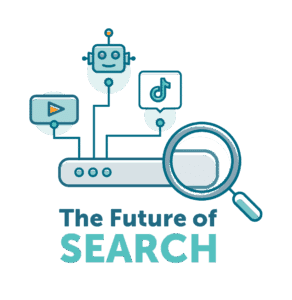The State of Technical SEO Report 2024
Introduction
Welcome to The State of Technical SEO Report from Aira and Women in Tech SEO.
Welcome to the State of Technical SEO Report 2024 from Aira, one of the UK's leading SEO agencies, & Women in Tech SEO. We’re thrilled to be partnering for the third year in a row to bring you a comprehensive report on the state of technical SEO today.
This year, nearly 400 people from the SEO community contributed to the report and represent a mix of experience levels, roles and locations. We have an almost equal distribution of answers from agencies and in-house SEOs, along with a strong representation from SEO freelancers. All of this goes together to bring you the most comprehensive set of SEO statistics we can muster.
In terms of the report itself, we added some new questions this year to cover hot topics including ChatGPT, the impact of AI and Machine Learning, We also took the opportunity to ask SEOs if they were nervous about the impact of these new technologies on their job security and noticed some interesting differences between in-house and agency opinions. We also uncovered some interesting differences in opinion when it came to what in-house SEOs and agencies felt was the hardest part of their job.
Some questions also focused on budgets and the impact that the difficult economic climate has had on investment into Organic Search and Digital PR. Budget cuts are certainly being felt, particularly by agencies and freelancers, with clients citing the economy as a reason for this. Generally, the impact doesn’t seem to be quite as profound for in-house teams, but cuts are still being experienced.
The outlook still appears to be relatively strong though, with most in-house teams and agencies expecting budgets to at least stay the same over the coming year as opposed to being cut further.
As always, we welcome your thoughts and feedback on the report, along with any suggestions for improvements. Our social handles and contact details are on the left.
Enjoy!




